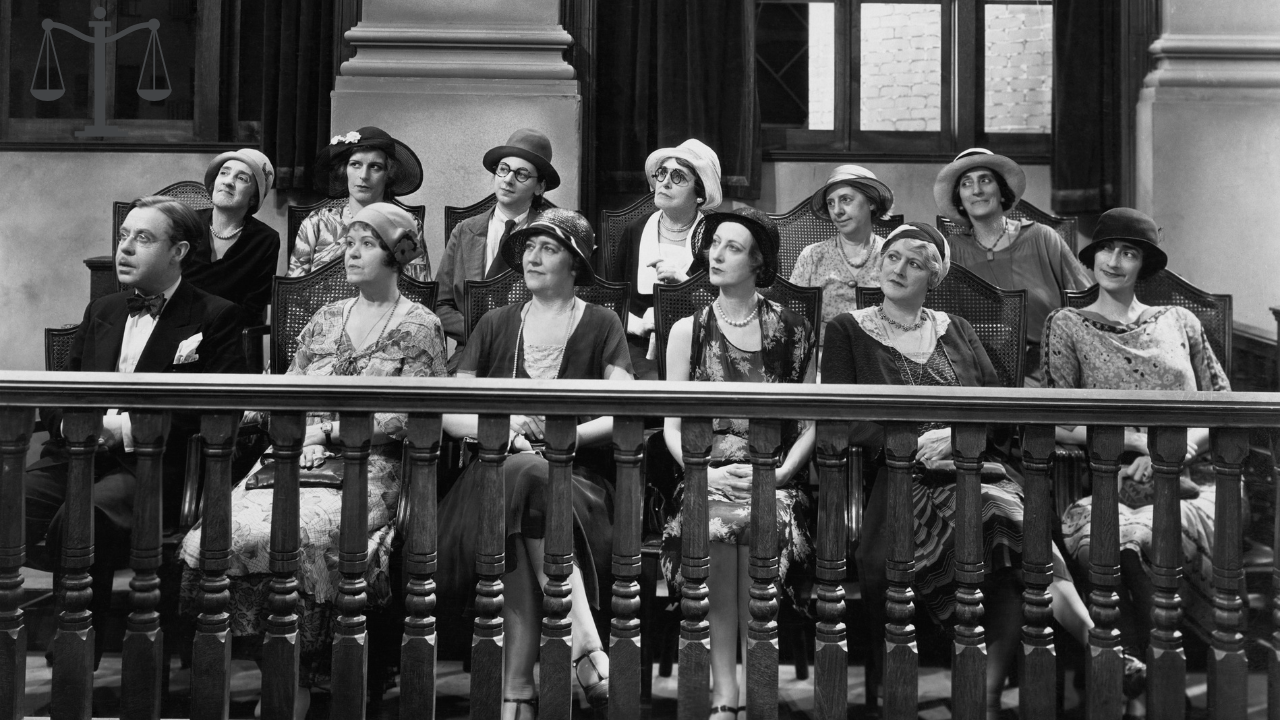Legal education isn’t just about textbooks and case law. For aspiring lawyers, courtroom experience is essential — and that’s where mock trials come in. These simulated court proceedings provide law students with a powerful opportunity to apply their knowledge, sharpen their advocacy skills, and gain a genuine insight into legal practice.
In this blog, we explore what mock trials are, how they work, and why they play a critical role in preparing law students for the challenges of real-world litigation.
What Are Mock Trials?
Mock trials are practice court trials that simulate real-life legal proceedings. They’re typically held in law schools and legal training institutions where students take on the roles of advocates, witnesses, judges, and court staff. The goal is to recreate a courtroom setting where students can present a case from start to finish.
The cases used in mock trials may be fictional or inspired by real legal scenarios. These trials follow standard legal procedures and are evaluated based on preparation, argumentation, presentation, and courtroom behavior.
Why Are Mock Trials Important?
Mock trials serve as a bridge between theoretical learning and practical application. Here’s why they matter:
- Develops real advocacy skills like argument construction, public speaking, and persuasion
- Familiarizes students with courtroom protocols and legal etiquette
- Builds confidence to handle live cases and interact with judges or clients
- Helps students learn to think critically under pressure
- Encourages teamwork and collaboration in a legal setting
For many students, mock trials are the first step toward becoming capable litigators, prosecutors, or even judges.
How Do Mock Trials Work?
Mock trials follow a structure that mirrors real court proceedings. Here’s a breakdown of the typical process:
1. Case Distribution
Participants are given a case file, which includes background information, legal issues, evidence, and witness statements. Students are assigned roles such as plaintiff/prosecution, defense, or witness.
2. Legal Research and Preparation
Teams prepare their arguments, anticipate counter-arguments, and draft opening and closing statements. They also develop questions for witness examination and gather supporting case law.
3. The Trial
The trial itself consists of several stages:
- Opening statements from both sides
- Examination and cross-examination of witnesses
- Presentation of evidence
- Closing arguments
- Judges (usually faculty or practicing lawyers) evaluate and deliver feedback
Judges assess students based on the strength of their legal reasoning, courtroom demeanor, and overall performance.
What Skills Do Students Gain?
Participating in mock trials equips law students with a wide range of practical skills, including:
- Legal analysis and application of law to facts
- Verbal and written communication under courtroom conditions
- Effective teamwork, strategy, and time management
- Emotional intelligence and professionalism
- Confidence in handling objections and spontaneous challenges
These skills not only help in litigation careers but also benefit students pursuing corporate law, legal journalism, policy-making, and more.
Mock Trials vs Moot Courts: What’s the Difference?
Many people confuse mock trials with moot courts, but they focus on different aspects of legal practice.
- Mock trials simulate trial courts where facts are in dispute, and evidence and witness testimony are involved.
- Moot courts simulate appellate courts where the focus is on legal arguments and interpreting the law, without witnesses or factual disputes.
Both are essential parts of legal training, but mock trials provide a more dramatic, fast-paced experience that closely resembles real courtrooms.
Final Thoughts
Mock trials are more than just practice sessions — they’re a powerful tool for shaping competent, confident, and court-ready legal professionals. They expose students to the intensity of legal battles while teaching them the discipline and strategy needed to win them.
For law students looking to gain real-world experience before graduation, mock trials are not optional — they are essential.

